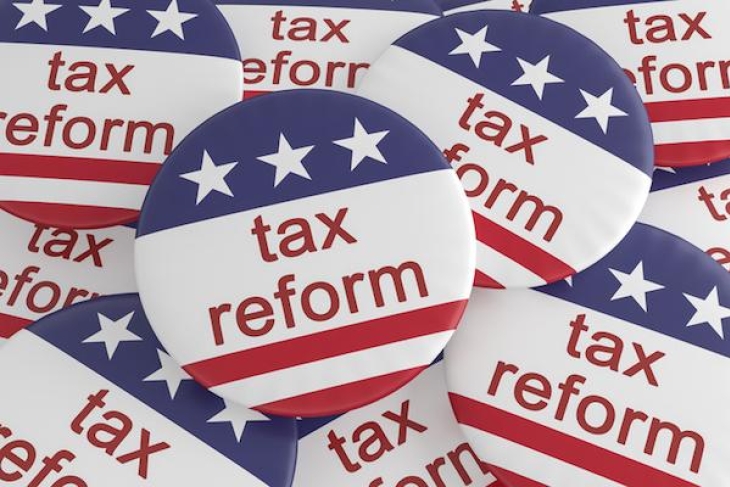The House and Senate have now passed versions of a bill that will overhaul the U.S. tax code for the first time in decades. The GOP will soon iron out differences between the two bills in a conference committee, and then the final legislation will head to President Trump's desk for approval. Regarding education policy, one of the areas that has kicked up the most dust is the expansion of tax-advantaged 529 college savings plans, which will allow families to use the savings for K-12 expenses and not just higher education. Provisions for this expansion are found in both versions of the bills.
Some believe that this expansion ought to be celebrated because it will allow more families to consider more choices when it comes to which school their child can attend. Others, however, worry the change uses scarce political and financial resources to advantage families with enough money to save for private school. Perhaps, they argue, we should instead invest in ways to give poor and working-class families more options.
To explore the issue in more depth, we’ve featured opposing perspectives from a trio of experts. Praising the 529 expansion is Peter Murphy, the Vice President for Policy at the Invest in Education Foundation. And arguing the other side are Nat Malkus and Preston Cooper, the deputy director of education policy and an education data analyst at the American Enterprise Institute, respectively.
Enjoy!
___________________________
Expanding 529 plans expands school choice, and that's a good thing
By Peter Murphy
The House Republican tax reform plan, contained in its proposed Tax Cuts and Jobs Act, includes a provision to expand the Internal Revenue Code section 529 savings plans to include expenses for kindergarten-through-grade-twelve education and apprenticeship programs. Supporters of educational choice should embrace this proposal and advocate for its inclusion in the final adopted tax bill. Simply put, expanding 529 college savings plans for K–12 education and apprenticeship programs will enable more families to access educational choice before their children enroll in college. Read more.
529 expansion proposal doesn't count as real school choice
By Nat Malkus and Preston Cooper
School choice has long been the centerpiece of President Trump’s education policy platform. Unfortunately, the main provision in the GOP tax reform bill concerning K–12 education falls well short of the administration’s stated goals. This provision would allow families to use tax-advantaged 529 college savings plans for K–12 educational expenses, such as private school tuition. 529 plans are well-suited to pay for college expenses, since earnings can accrue for decades and offer families a large tax benefit. But this same feature makes them ill-suited for K–12 expenses, which families face much sooner than college. Read more.

